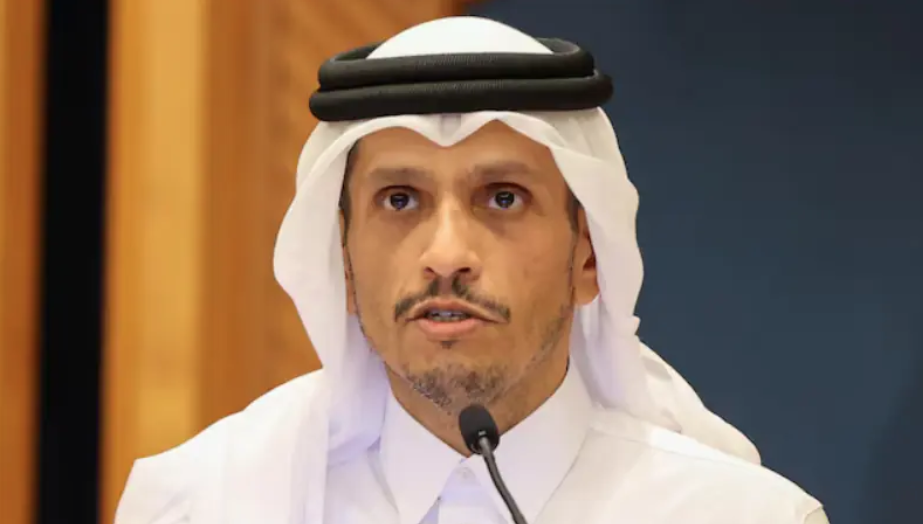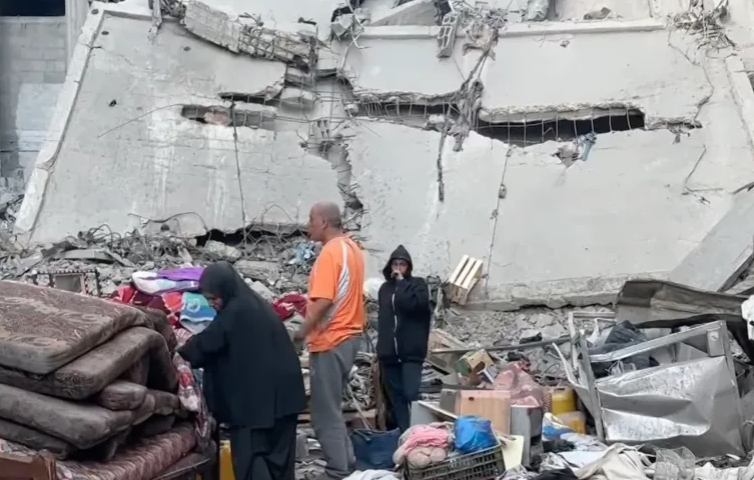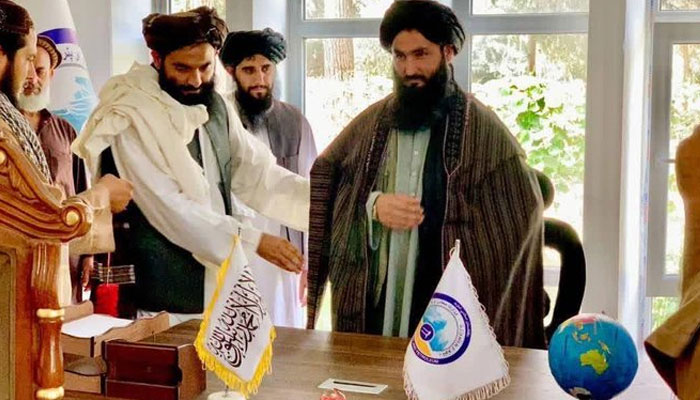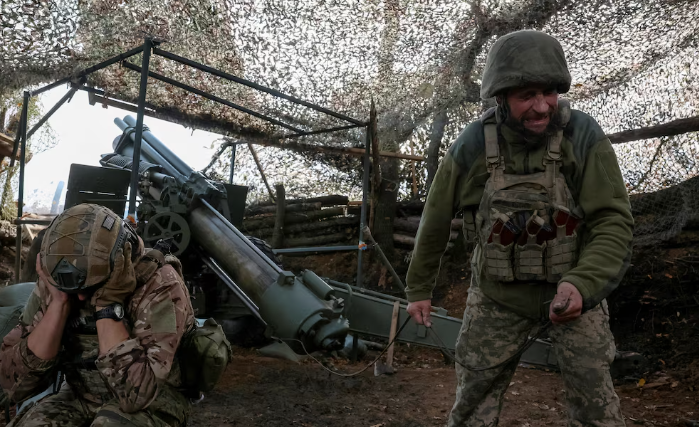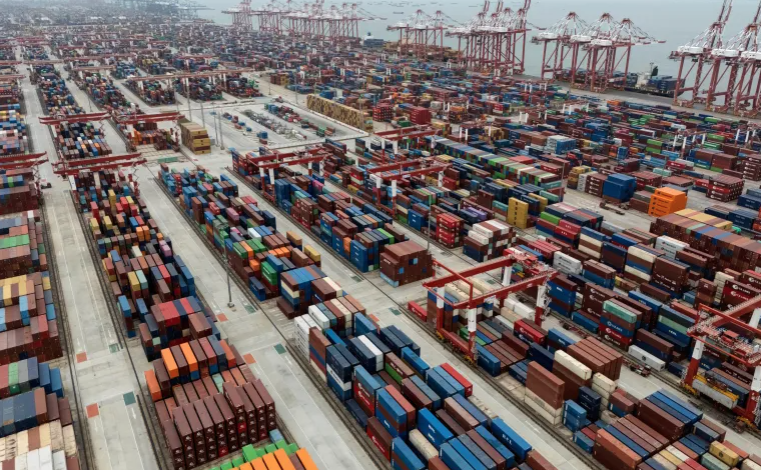WORLD NEWS
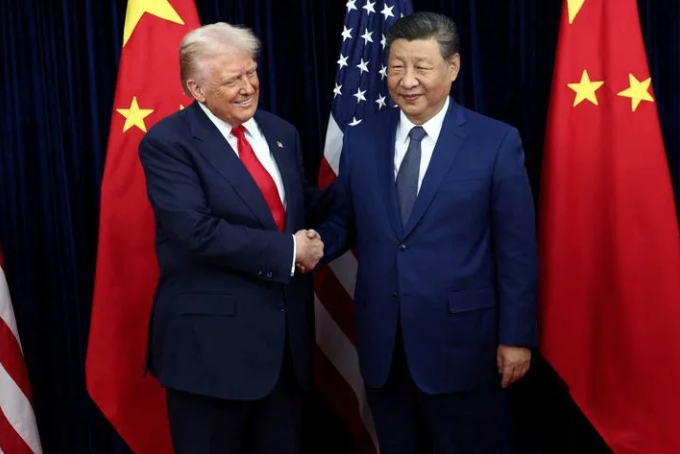
U.S. President Donald Trump ordered the immediate resumption of U.S. nuclear weapons testing — the first in 33 years — just minutes before meeting Chinese President Xi Jinping in Busan, South Korea, where the two leaders struck a major trade agreement aimed at easing tensions between the world’s two largest economies.
Trump’s decision, announced on Truth Social while en route to the meeting aboard Marine One, marked a dramatic escalation in global nuclear posturing. “Because of other countries’ testing programs, I have instructed the Department of War to start testing our Nuclear Weapons on an equal basis. That process will begin immediately,” Trump wrote, claiming Russia and China were expanding their arsenals.
The move came as Trump prepared for his first face-to-face meeting with Xi since 2019. Their 90-minute talks concluded with a landmark accord to reduce U.S. tariffs on Chinese imports, expand agricultural trade, and pause China’s export curbs on rare earth elements — vital materials used in high-tech industries and defense.
“It was an amazing meeting,” Trump told reporters aboard Air Force One after leaving South Korea, calling the talks a “12 out of 10.” Under the new deal, tariffs on Chinese goods will be reduced from 57% to 47%, including cuts tied to fentanyl-related trade. Xi, Trump said, had promised to “work very hard” to stop the flow of the deadly opioid precursor chemicals into the United States.
The agreement also covers resumed Chinese purchases of U.S. soybeans, new energy cooperation — including a proposed $44 billion LNG project in Alaska — and steps toward resolving disputes around the popular short-video app TikTok.
Despite the breakthrough, global markets reacted cautiously. China’s Shanghai Composite Index dipped from a decade-high, while U.S. soybean futures weakened slightly. “Markets are cautious in contrast to Trump’s enthusiastic characterization,” said Besa Deda, chief economist at William Buck in Sydney.
Meanwhile, Trump’s nuclear testing order drew swift condemnation from international observers and domestic critics. China’s Foreign Ministry urged Washington to honor its long-standing moratorium on nuclear tests, warning against destabilizing global security.
Kremlin spokesman Dmitry Peskov said Russia had not tested nuclear weapons despite Trump’s claims. “Until now, we didn’t know anyone was testing,” Peskov said, though he noted Moscow would respond in kind if others resumed tests.
Arms control experts warned Trump’s decision could unravel decades of non-proliferation efforts. “Trump is misinformed and out of touch,” said Daryl Kimball, head of the Arms Control Association. “This could trigger a chain reaction of testing by U.S. adversaries and blow apart the Nuclear Non-Proliferation Treaty.”
Representative Dina Titus (D–Nevada) vowed to introduce legislation blocking Trump’s order, noting that resuming underground tests at the Nevada site could take up to three years.
Trump defended his decision later aboard Air Force One, saying testing was necessary to “keep up” with rival nuclear powers. “With others doing testing, I think it’s appropriate that we do also,” he said, adding that test sites would be determined later.
According to the Center for Strategic and International Studies, China has more than doubled its nuclear arsenal in the past five years — from about 300 warheads in 2020 to 600 in 2025 — with projections to exceed 1,000 by 2030. The U.S. currently holds around 5,225 warheads, while Russia has 5,580.
Trump said he plans to travel to China in April before hosting Xi in Washington. While their Busan meeting signaled a thaw in trade relations, analysts warn the combination of renewed nuclear testing and unresolved geopolitical disputes could deepen global uncertainty.
“Friction between major powers may be normal,” Xi told Trump during the meeting, “but peace and stability must remain our shared goal.”
For now, the Busan summit ends with both a fragile trade truce — and the most alarming nuclear decision by a U.S. president in three decades.
